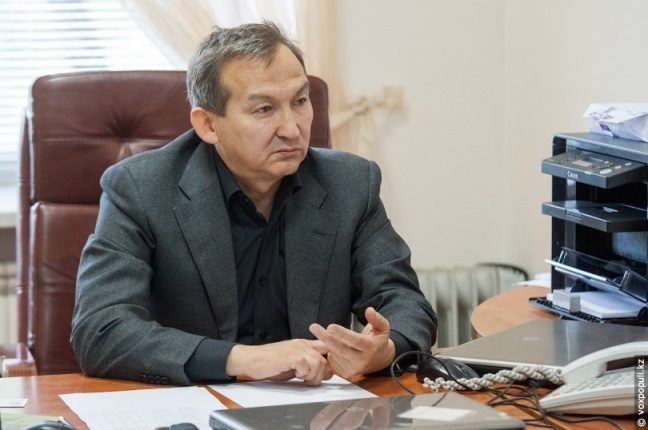As the sanction war goes larger, the opposition between the West and Russia is tweaking the logistics and infrastructure. We are already considering a relatively new route, the ‘North-South’, which will run from St. Petersburg to Iran and open to international markets. Some of the areas, now envisaged by experts, have already been implemented and employed. Three directions stand prominent in this regard, the Trans-Caspian, Eastern and Western.
I find the Western route the most promising. It requires large investments, time, and adding new infrastructure considering the possible involvement of various countries. Russia clearly considers the Trans-Caspian route the most beneficial, because they will be able to ship cargo from Astrakhan directly to Iran through different countries, which is crucial for them. Kazakhstan emphasizes the Eastern route. Back in the 2000s, Kazakhstan ideated building not only a railroad spur, but also a pipeline from Kazakhstan to Iran, which would open to international markets through the Persian Gulf. The route has, unfortunately, not been executed due to anti-Iran sanctions. It was the cheapest route compared to the Caspian Pipeline Consortium or supplying oil through Azerbaijan. It was the best option, to be more precise. They were also considering the option of joining Kazakhstan to the Baku-Tbilisi-Ceyhan pipeline back then, but the project was simply unfeasible financially.
If we go into the three routes of the North-South corridor in terms of cooperation and interaction, most countries will be involved in the Eastern route, which is profitable both for Kazakhstan and the countries, who partake in the project. Most importantly, the infrastructure is already in place. If memory serves me, the last branch was built two years ago. The final crossing between Turkmenistan and Kazakhstan has already been constructed. Political turmoil somewhat delated the construction on the Turkmen part. But it is essentially a waiting route. Any country putting up certain infrastructure must also prepossess a fallback. Therefore, the Eastern route is the most involved at the moment, where the logistics is mainly in place. Azerbaijan is interested in the Trans-Caspian route, as the country will be able to supply and receive different products into the logistics centres, which will be built on the Caspian Sea. All the countries, who will be implementing the Western route, have certain financial shortcomings to develop this direction. This will require certain time and investments, which is why, I believe the Eastern route is the best option at the moment.
When it comes to transport preferences, we must consider that a portion of the cargo will be shipped to Russia through railway, which makes this transport more optimal. This will mainly depend on the type of shipped cargo. The most feasible and stable choice for me is the railroad, which will precondition the development of the network around the new logistical route.
We, in fact, already have a direct access to Iran, considering that the most prepared section which runs through Kazakhstan and Turkmenistan was being developed back in early 2000s and was only built recently. Kazakhstan is currently at a ready-to-be-used position. As for Azerbaijan, there are still roads to be built between Azerbaijan and Iran, which is problematic due to relations conditioned by the geopolitical situation.
When it comes to the Trans-Caspian route, the ports built at the Caspian shores in Russia are not sufficiently ready to receive certain types of cargo. Kazakhstan and Azerbaijan probably find it more beneficial because our port systems are more or less ready. These are Kuryk and Bautino in Kazakhstan, which have entered the final stage of implementation. In this regard, Azerbaijan is also ready, as the country already has ports for transporting oil, gas, and other types of products. In any case, we need more time to decide which countries the largest cargo flow will go through.
Professor at Kazakh National University, Expert at the Institute of Innovative Economics, Doctor of Economics Magbat Spanov, specially for AzVision.az.
More about: #MagbatSpanov















































